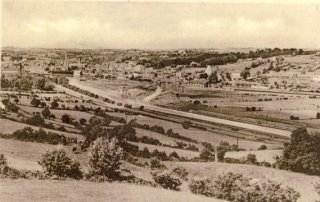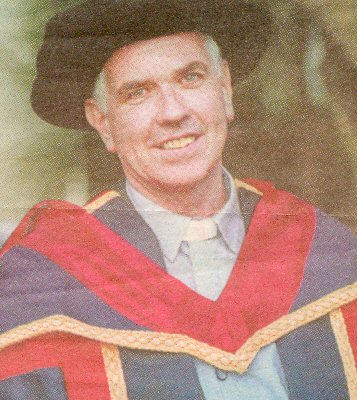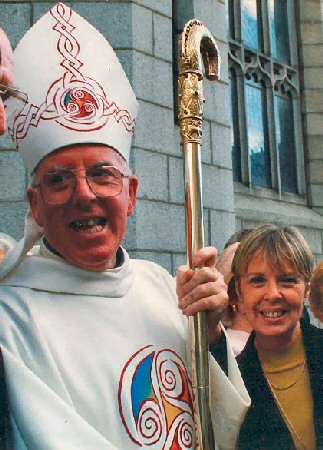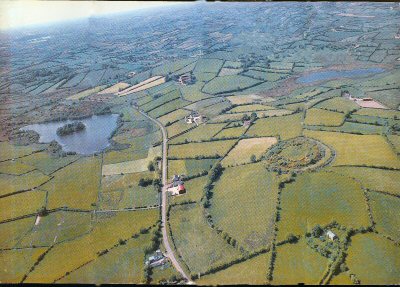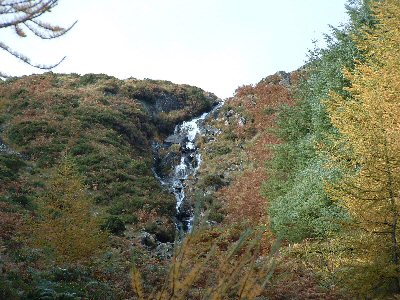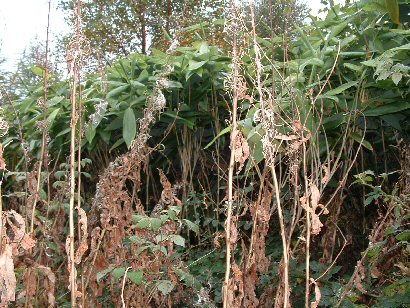The son of the late Dr John McVerry and his wife Eleanor, Peter McVerry was educated at the Abbey primary School and then at Clongowes Wood College. On leaving school he joined the Jesuit Order, secured a science degree at University College Dublin and taught for some years.
He then studied philosophy and theology in the Jesuits’ own school and after his ordination as a priest in 1975 he lived and worked in Summerhill in Dublin’s north inner city. The move to Summerhill was to prove a watershed event. He was galvanised into action to attempt to alleviate the deprivation and disadvantage he witnessed. In 1979 he opened a hostel for young homeless boys aged 12-16 and four years later founded the Arrupe Society to provide care and accommodation for homeless boys. Since then he has opened another three hostels for the homeless and a residential drug detox centre in Co Dublin for homeless drug users.
When he was conferred with an honorary doctorate of philosophy by Dublin City University recently, the President of DCU in his citation said,
‘Few people live to see their name become synonymous with a cause. Peter McVerry is one. For over a quarter of a century he has been a public champion of the young homeless. His is a passionate and tenacious voice for those who lack the clout, the confidence and the means to expose the scandal of young people sleeping rough on the streets of one of Europe’s most thriving capitals.
His ministry focuses on taking care of those whom society would rather forget. He is a vocal conscience prepared to challenge governments, public agencies and an increasingly affluent Irish population.’
Newry Journal is happy to pay tribute to this great man.
In passing we would also like to acknowledge the contribution in a similar field of Newry migrants of past decades such as Sam and Brendan Dowling and especially of Dan Moore. When your editor was in his early youth, he used to marvel at the commitment of this old-time Republican who was prepared to sacrifice several months of his life per year in doing time for the ‘crime’ of carrying the tricolour in the Colour Party of the annual Easter Rising Commemoration in Newry. Few have given a lifetime of service such as Dan – now well into his sixties – continues to do, for to this day he labours all week on behalf of Dublin’s drug addicts.
There must be other Newry greats in the same vein. We would like to pay tribute to them, so please get in contact with us and tell us their stories.
